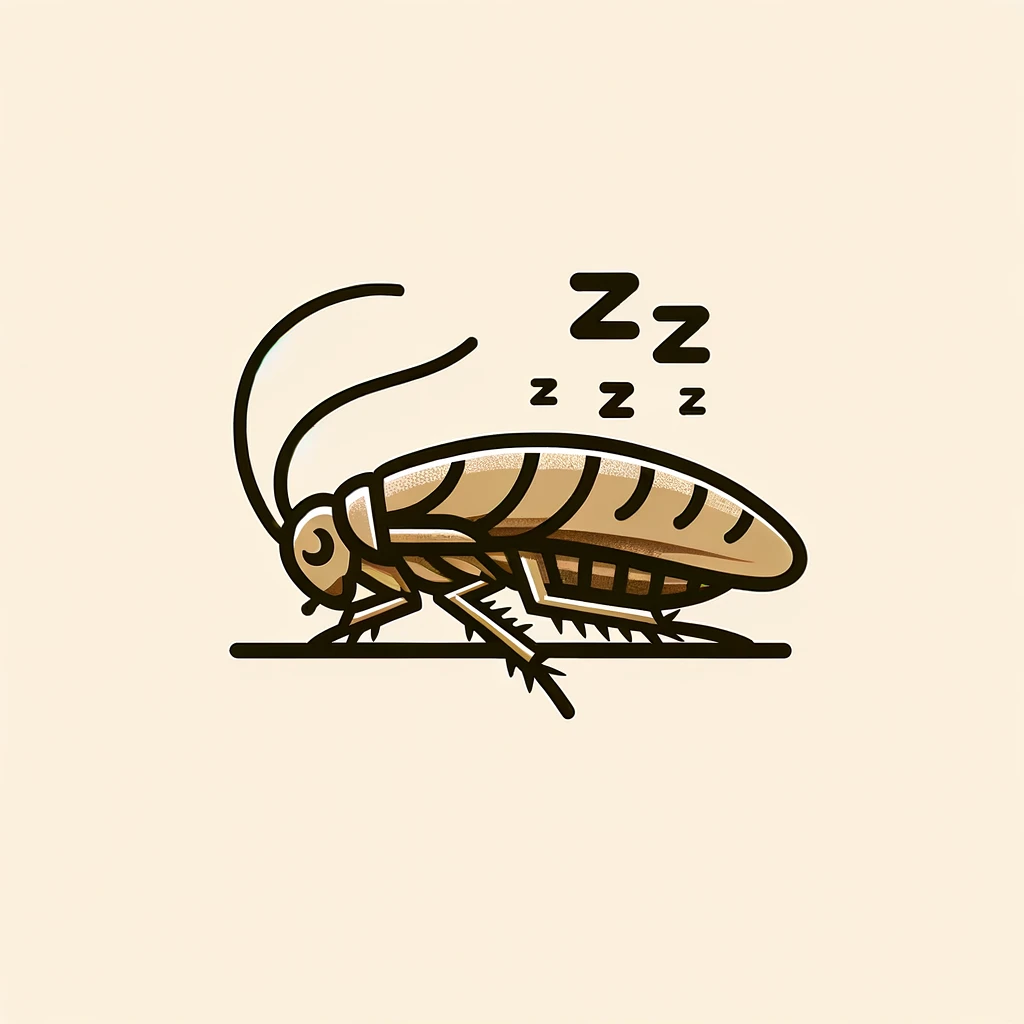Do Cockroaches Sleep? Unraveling the Mysteries of Cockroach Behavior
 Cockroaches are among the most resilient and adaptable creatures on Earth, thriving in various environments worldwide. But amidst their notorious reputation as hardy survivors, one question often arises: Do cockroaches sleep? This post delves into the fascinating world of cockroach behavior, exploring their sleep patterns, activity cycles, and how light influences their movements.
Cockroaches are among the most resilient and adaptable creatures on Earth, thriving in various environments worldwide. But amidst their notorious reputation as hardy survivors, one question often arises: Do cockroaches sleep? This post delves into the fascinating world of cockroach behavior, exploring their sleep patterns, activity cycles, and how light influences their movements.
Uncovering Cockroach Behavior: Do They Sleep?
The Concept of Sleep in Insects
While cockroaches do not sleep in the same way humans do, research suggests they experience rest periods that could be analogous to sleep. These periods of inactivity are crucial for their survival, offering time for recovery and energy conservation.
Identifying Rest Periods in Cockroaches
Observations of cockroach behavior have shown that they exhibit periods of decreased activity, during which their response to external stimuli is significantly lowered. These rest periods typically occur during the day, as cockroaches are primarily nocturnal creatures.
Understanding Cockroach Activity Cycles
Cockroaches are known for their nocturnal lifestyle, being most active at night when they search for food and mate. This pattern of activity is governed by an internal biological clock, or circadian rhythm, which dictates their periods of rest and activity throughout the 24-hour cycle.
Do Cockroaches Sleep? The Role of Circadian Rhythms
Cockroaches, like many other organisms, possess an internal mechanism that aligns their behavior with the day-night cycle. This circadian rhythm ensures that they remain inactive during the day, reducing their chances of encountering predators.
The Impact of Light on Cockroach Activity
Light plays a crucial role in determining cockroach behavior, particularly their activity levels and rest periods.
Light as a Behavioral Modifier
Exposure to light can disrupt the cockroach’s circadian rhythm, affecting their activity patterns. Sudden illumination, for example, can trigger an escape response, as cockroaches prefer to operate under the cover of darkness.
Adapting to Light Conditions
In environments with artificial lighting, cockroaches may adjust their activity cycles to remain hidden during periods of light exposure. This adaptability allows them to coexist with humans, often going unnoticed.
Conclusion
So back to the original question, do cockroaches sleep? While the notion of sleep in cockroaches differs from human sleep, these creatures do experience rest periods governed by circadian rhythms and influenced by environmental factors like light. Understanding the behavior and activity cycles of cockroaches not only sheds light on their survival strategies but also informs effective pest control measures by highlighting the importance of reducing harborage sites and food sources, especially during their active hours.
- The Life Span of a Cockroach
- Do Cockroaches Eat Clothes?
- Do Cockroaches Have Teeth?
- Shrimps and Cockroaches
- Will Sleeping with the Light On Keep Cockroaches Away?
- How to get roaches out of your car overnight
- Do Cockroaches Feel Pain?
- How Many Legs Do Cockroaches Have?
- Comparing Cockroach Eggs Size for Different Types of Cockroaches
- Identifying a Cockroach Bite on the Lips or Face
- Black Water Bug Identification and Control
- Why Do Water Bugs Come Out At Night?
- What Does Roach Rash Look Like?
- Can Cockroaches Bite Your Eyelid?
- Can Cockroaches Live in Your Balls?
- How did cockroaches get their name?
- Why Do Cockroaches Shed Their Skin?
- What Smell do Palmetto Bugs Hate?
- Baby Palmetto Bug: Identification and Control
- Cockroach Eggs vs Poop: How to Tell the Difference
- How to Get Rid of Water Bugs
- How Long Can a Cockroach Live Without Air?
- The Lifecycle of the German Cockroach: From Egg to Adult
- Do Mice Eat Roaches
- Wood Roach vs. Cockroach

